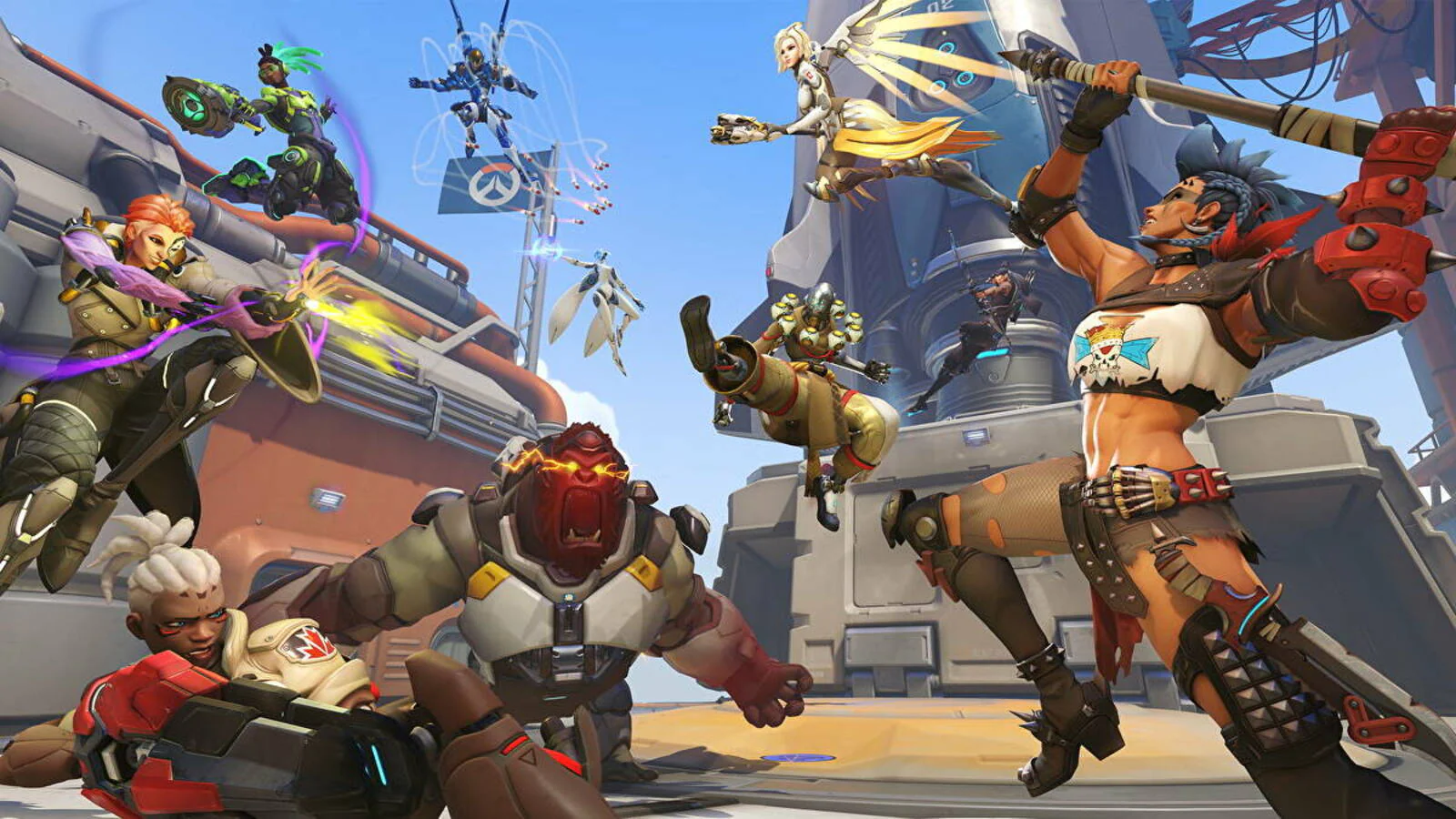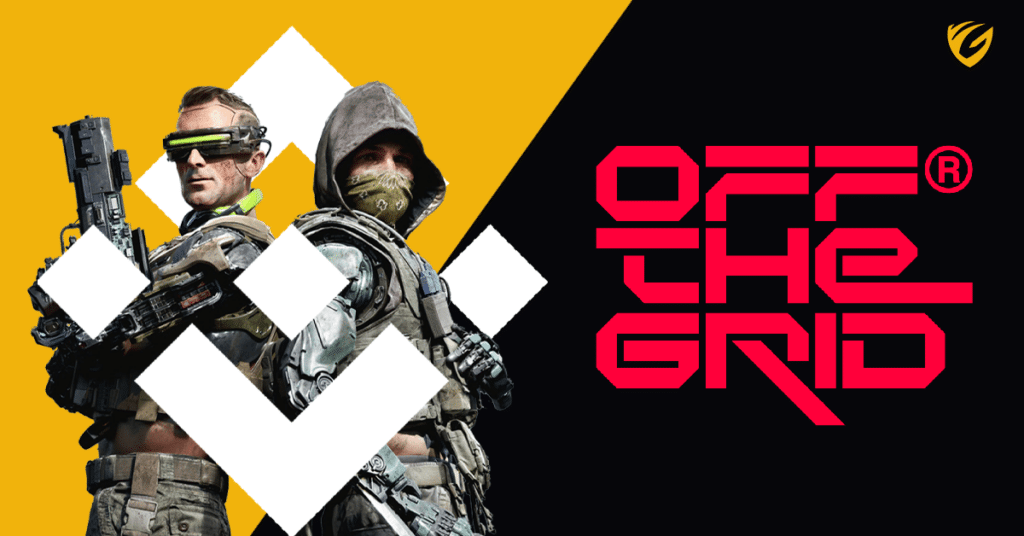The “Overwatch” Esports League Disallows NFT, Crypto, and AI Sponsorship.
By Brylle Uytiepo • February 5, 2024
The “Overwatch” Esports League Disallows NFT, Crypto, and AI Sponsorship.
The Overwatch Champions Series, a competitive format for Overwatch 2, has unexpectedly adopted a strong anti-crypto position by prohibiting teams that have sponsors associated with cryptocurrencies, NFTs, or artificial intelligence (AI). This choice, which is stated in the league’s official rulebook, deviates from the practice of esports leagues and teams entering into profitable alliances with cryptocurrency businesses.

Overwatch League’s Decline and Overwatch Champions Series’ Ascent
Last year, Activision Blizzard’s highly publicized Overwatch League franchise competition suffered obstacles that ultimately caused it to fail. Due to financial difficulties and pandemic-related issues, the league was forced to shelve its grand objectives. With the Overwatch Champions Series, a more competitive and open format run by ESL FACEIT Group, the esports behemoth is starting over.
AI, NFTs, and Cryptocurrency Have No Place in Overwatch Esports
Last week, the Overwatch Champions Series rulebook was made public. It states unequivocally that teams are not allowed to have sponsors connected to cryptocurrency, cryptocurrency exchanges, NFTs, artificial intelligence, or machine learning. The move seems to be a deliberate attempt to set the league apart from sectors of the economy that have recently become more and more entwined with esports.
Even with this decision’s importance, Blizzard Entertainment and ESL FACEIT representatives have not yet commented on the situation. GG from Decrypt requested clarification, but neither group has responded formally as of yet.
The Changing Environment of Sponsorships in Esports
Recently, there has been a notable increase in the number of bitcoin corporations sponsoring esports events. FTX and Team SoloMid (TSM) struck a ground-breaking 10-year, $210 million naming rights deal, which was noteworthy among them. Additionally, FTX and Riot Games reached a seven-year, almost $100 million sponsorship agreement for the League of Legends Championship Series (LCS).
Nevertheless, these profitable transactions have grown less frequent following FTX’s collapse in late 2022. In addition to the potential impact of the 2023 bitcoin market slump, esports organizations appear cautious, which could be a reflection of the industry’s broader financial difficulties.
The War for Survival in Esports
The decision regarding the Overwatch Champions Series is made at a moment when the esports scene is enduring what some refer to as a “esports winter.” Executives, competitors, and leaders in the industry have been negotiating obstacles for the future of competitive video games; many have referred to the current situation as a “survival war.” Live events were suspended in 2020 due to the COVID-19 epidemic, and the business is still uneasy.
The brave decision of the Overwatch Champions Series to ban cryptocurrency, NFT, and AI sponsors makes it apparent what the league’s top goals are. It remains to be seen if other leagues will adopt a similar approach, or if the Overwatch competitive scene is taking a unique stance, as esports organizations reevaluate their sponsorship strategy in the always changing marketplace. The future of competitive gaming is still being shaped by the interaction between esports and other businesses, and the Overwatch Champions Series is blazing new trails in this dynamic environment.


